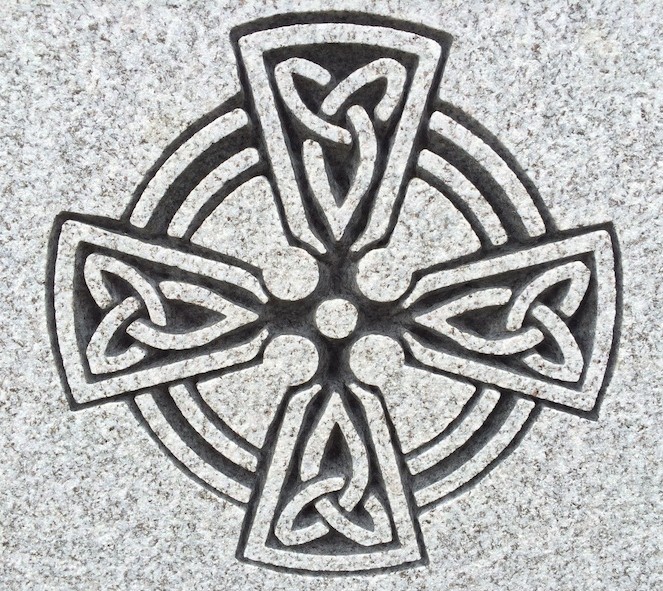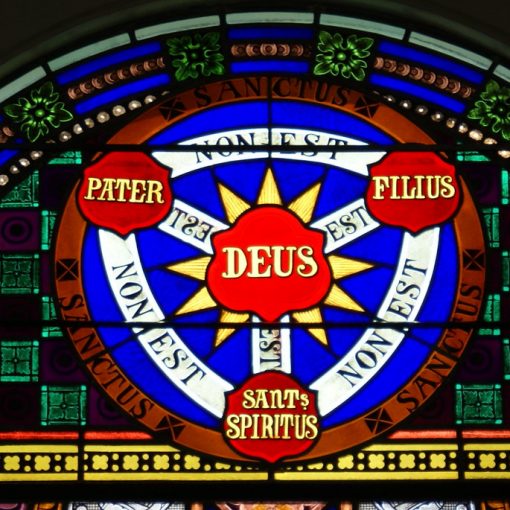 The new Jerusalem council (not to be confused with the New Jerusalem Council which has yet to be scheduled) has apparently resulted in a new organization of orthodox Anglican churches within the Communion. From the Daily Telegraph:
The new Jerusalem council (not to be confused with the New Jerusalem Council which has yet to be scheduled) has apparently resulted in a new organization of orthodox Anglican churches within the Communion. From the Daily Telegraph:
Orthodox Anglicans who are creating a new movement at a breakaway summit in Jerusalem have said they feel “betrayal and abandonment” at the current church structure.
The 1,000 conservatives at the Gafcon conference say they feel “profound sadness” that the worldwide Anglican Communion has been driven to the brink of schism by liberals in America and Canada departing from traditional church teaching, particularly over sexuality.
Another Daily Telegraph article has more details:
Organisers of the Gafcon summit in Jerusalem who produced a statement declaring the formation of the “church within a church” were keen to state that it does not represent a complete split or schism in Anglicanism, and that they only want to preserve the faith’s original intentions.
Their final statement stated: “We cherish our Anglican heritage and the Anglican Communion and have no intention of departing from it.”…
And they claimed that the “colonial structure” of Anglicanism had failed to discipline those churches which had broken the rules by consecrating gay clergy and blessing same-sex unions.
For good or for ill I think this is the only way for the Anglican Communion to preserve its unity. The comment about the “colonial structure” is spot on, the churches (national entities) that exist now are purely the result of national and political boundaries and the spread of the Anglican Church was the result of British colonization. The Empire is long since gone and now the colonists are taking the lead. With the ability to communication immediately through the internet and phone services the need for physical, regional boundaries is no longer necessary.
We pride ourselves on being a “broad” church with room for everyone in it. If we want the Communion to remain as just that, a communion of different communities and views, then allowing organization based upon theological affiliations rather than geographic location is the best way forward. The problem will be, of course, the fragmenting of the British, Canadian, and US churches as some parishes would choose to leave the local Diocese and others would remain.
For those in other Protestant traditions this is nothing new. What has set the Anglican Communion apart is the episcopal structure, resulting from the origins of the Church of England as a theological rather than structural break from Rome. But the Archbishop of Canterbury (nor the other Primates) is unable to allow diversity while still reserving the power to discipline those who step too far out of bounds. So instead there is diversity with no discipline. Allowing the formation and alignment of Anglican Churches along something other than geographic boundaries might allow for diversity of views and practices while preserving the Communion. Maybe.





2 thoughts on “New “church within a church” within the Anglican Communion”
The “not based on geographical boundaries” bit creates some difficult questions. If not based on geographical boundaries – then on what? The suggestion is offered “theology”. Well okay. You have a bunch of people united by theology. Sounds good so far.
Dioceses? How do you draw dioceses? And which bishop has which diocese? Primates? Can a bishop have a diocese that crosses national boundaries? (That strikes me as rather difficult.)
Baptists might be able to get away with ignoring geographical boundaries. (Cooperative Baptist Fellowship and its missionary clusters. The “Internationals Cluster” includes missionaries in Europe, North America. The “Romany Cluster” includes missionaries all over Europe and used to include India. You get the idea.) But any Christian church with episcopacy (small e) how would that work?
I recognize that a painfully obvious counterargument might be, “Well how do the Orthodox do it?” You know I am sympathetic to and supportive of GAFCON. But (a) just what does this mean, practically speaking? and (b) just how, practically speaking, could one maintain episcopacy/dioceses without geographical boundaries? (Yes I did note the “overlapping” part of the report.)
(A little more now, before bed.) We do already have dioceses and that cross national boundaries (I believe). Certainly the Diocese of Honduras is part of ECUSA, but is outside the US. And when you think about it, the early church crossed national boundaries and dealt with not-dissimilar situations. I don’t think that such a structure is insurmountable even with an episcopacy. Yes, it would require changing or amending current canon law that is intended to keep bishops from crossing boundaries, but these are things that could be worked out if, as is so often argued by all, their is the will to keep the Communion whole.
That is the rub, right? Why keep this marriage together? Does “preserving the union” take precedence over one’s convictions? I wonder if anyone in this really does have the fortitude or desire to keep it together. There simply will be new “requirements” and statements that we must “continue the dialogue,” and so on.